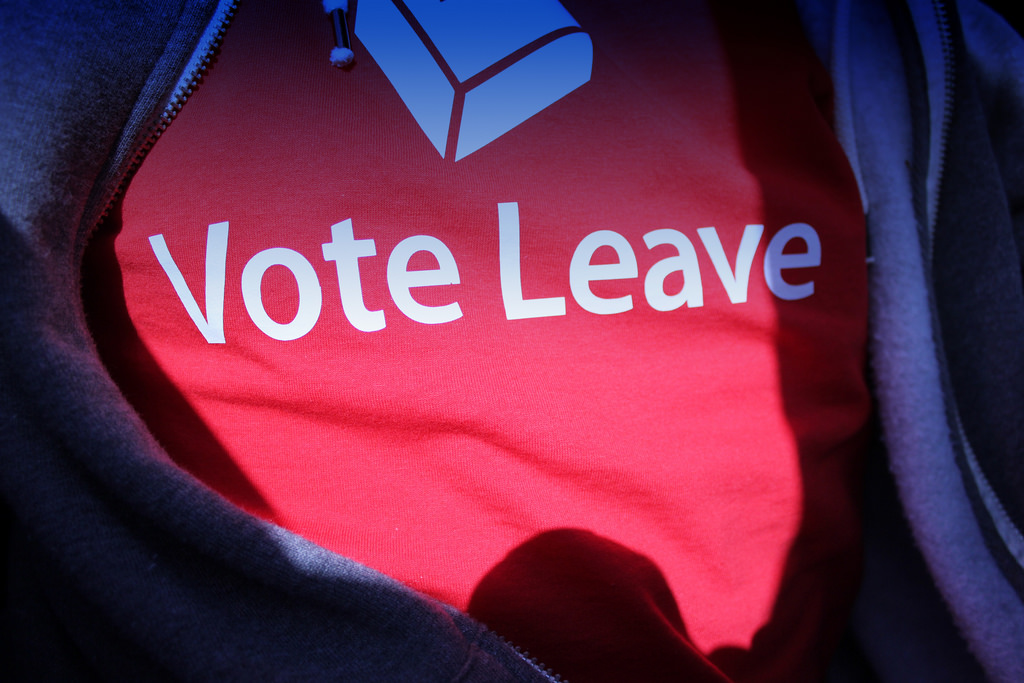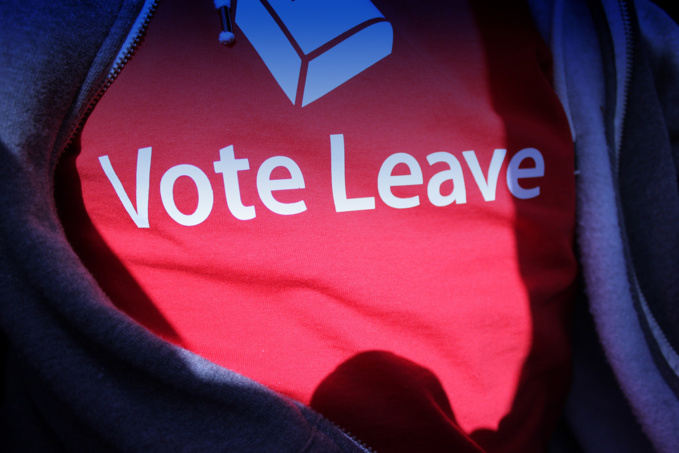At the end of the global financial crisis, the unemployment rate in the UK gradually declined, reaching 4.3% for the first time since 1975. However, productivity growth has almost stopped, and Brexit is exacerbating this trend. Since the resources of the domestic labor market are almost exhausted, and the inflow of labor from the EU has decreased, the growth of the economy can only provide an increase in the volume of the product produced per worker. International competition encourages companies to improve their efficiency and invest more. Immigration provides them with workers with the necessary skills, the fund reminds to the British authorities and advises paying more attention to housing construction, improving the quality of infrastructure, reforming education and investing in science. Also, the country recommended a budget consolidation to effectively counter possible shocks - now its national debt is 87% of GDP. In conditions of weak economic growth and an increase in social spending due to the aging population, the IMF recommends that Britain reduce the amount of guaranteed annual indexation of pensions as the fund considers it too generous.
The British economy will lose 252 billion pounds within 15 years in case it withdraws from the EU without concluding a trade deal with Brussels. This is reported by The Independent with reference to the results of a study conducted by the agitation platform The Best for Britain Group.
The conclusions of the researchers are based on a leak of information from the government of the country. According to the scenario, if London can conclude an agreement with Brussels on free trade, Britain's GDP will fall by 131 billion pounds, or 181 billion dollars, in 15 years.
If the government of the United Kingdom retains membership in the customs union and the single European market, the losses will amount to about 52 billion pounds, or 72 billion dollars. If Brexit is implemented without a deal, London's losses will amount to 252 billion pounds, or 348 billion dollars.
The study notes that the UK's exit from the EU will hit hardest the spheres of health, education and social services.
source: imf.org, independent.co.uk
The British economy will lose 252 billion pounds within 15 years in case it withdraws from the EU without concluding a trade deal with Brussels. This is reported by The Independent with reference to the results of a study conducted by the agitation platform The Best for Britain Group.
The conclusions of the researchers are based on a leak of information from the government of the country. According to the scenario, if London can conclude an agreement with Brussels on free trade, Britain's GDP will fall by 131 billion pounds, or 181 billion dollars, in 15 years.
If the government of the United Kingdom retains membership in the customs union and the single European market, the losses will amount to about 52 billion pounds, or 72 billion dollars. If Brexit is implemented without a deal, London's losses will amount to 252 billion pounds, or 348 billion dollars.
The study notes that the UK's exit from the EU will hit hardest the spheres of health, education and social services.
source: imf.org, independent.co.uk



















